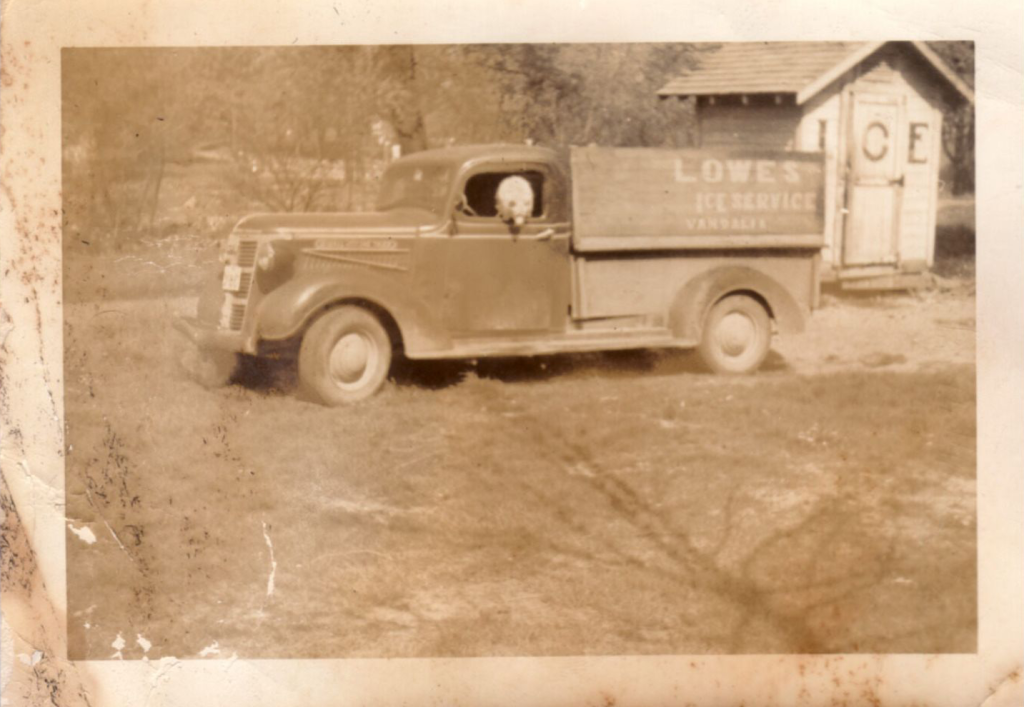Era of the double hustle
As a young boy, Ed was often left to his own devices as his mother helped frequently with her husband’s many enterprises. Yet the move from St. Paul to rural Michigan ignited a great love of the land for Ed, who spent considerable time hiking and camping in the woods with his cousin Loren. “Cass County has rolling meadows, the ridges and rills, the creeks and curling streams, the wood and the thickets – all the fixin’s for a boy’s joy-filled exploration,” Ed wrote later. “There’s just no way you can be bored when you love the land, when you have time to hike the hills and dale, and have the ears to hear morning doves coo and corn grow.”ulvinar dapibus leo.

As he grew older, Ed became anxious to earn money for Tom Swift adventure books, movie tickets, summer Boy Scout camp and outdoor equipment, and he began to pursue a wide range of commercial activities. Rising early on Sundays and Thursdays, he collected popsicle sticks that people had thrown on the ground after their Saturday shopping excursions and Wednesday band concerts. The sticks could be redeemed for prizes. “Forty got you a jack knife and 250 got a pup tent,” Ed wrote. “It was worth the trouble.”
His money-making endeavors intensified in his teenage years, which Ed referred to as “the era of the double hustle.” He collected and sold scrap metal and corn cobs, he had a newspaper delivery route and sold subscriptions to Saturday Evening Post and Colliers’ magazines. Ed also trapped small nuisance animals, such as rats, collecting 10 cent per rodent and took on seasonal jobs including shoveling snow in the winter, mowing lawns in the summer and digging for fish worms.
After graduating from high school, Ed worked in his father’s businesses and drove the ice route. Yet although Ed admired Henry’s determination and desire to make something of himself, there was increasing friction between father and son.